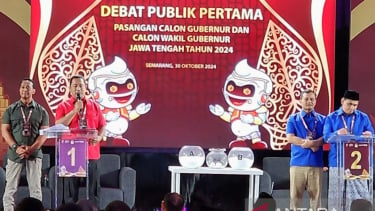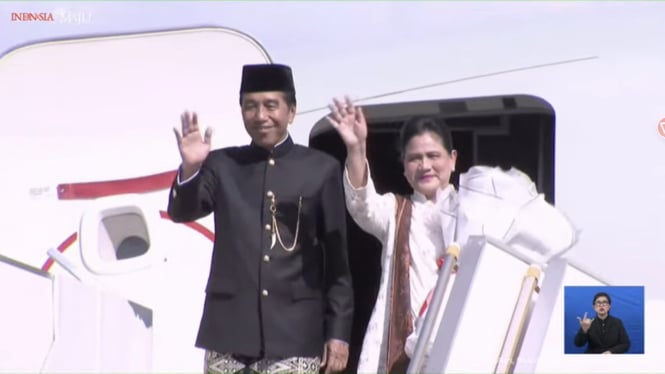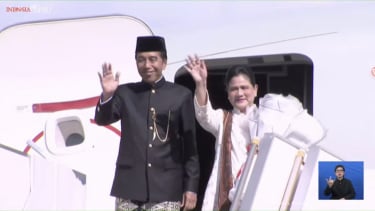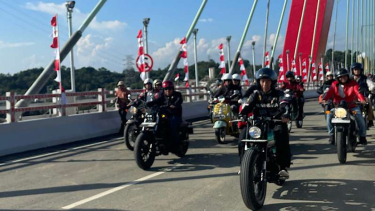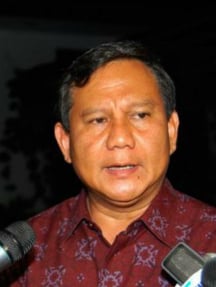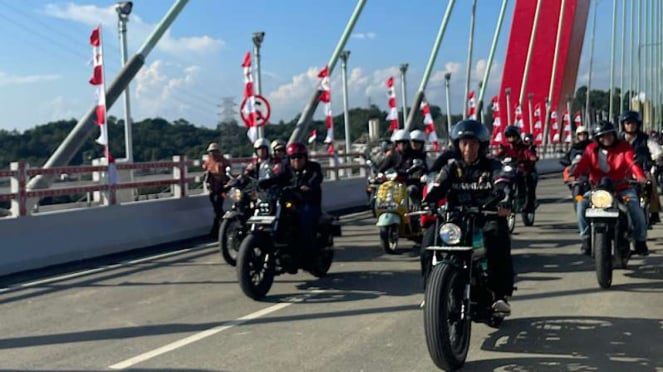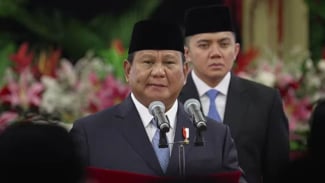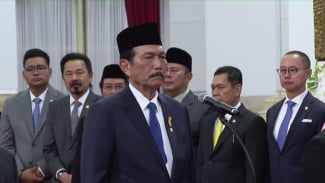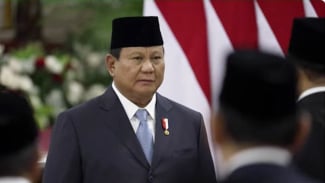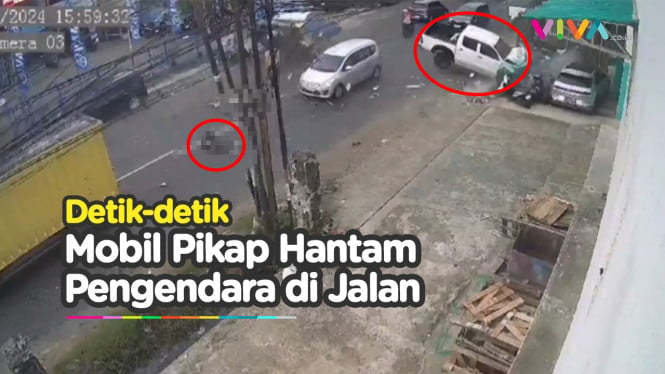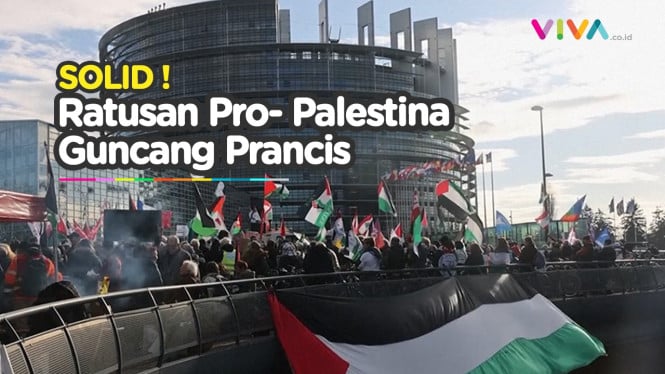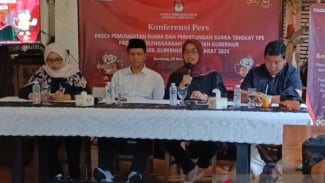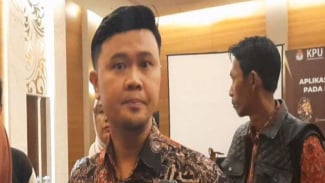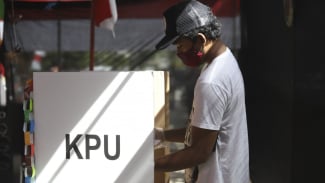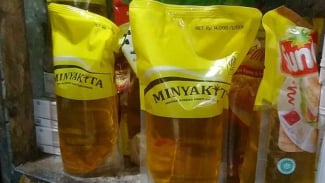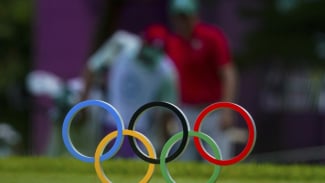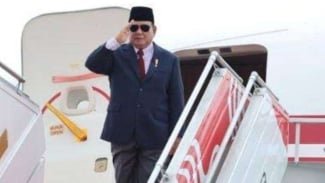Jokowi’s Impact on Indonesia’s Economy and Infrastructure
- Youtube/ Sekretariat Presiden
Jakarta, VIVA – After ten years in office, Indonesian President Joko Widodo (Jokowi) leaves a significant legacy that has advanced the nation. His administration is marked by ambitious infrastructure projects, the launch of Southeast Asia’s fastest train, and a strong commitment to downstreaming Indonesia’s natural resources.
One of Jokowi’s most notable achievements is the extensive infrastructure development across the archipelago. During his presidency, over 2,100 kilometers of toll roads were built, compared to just 789 kilometers in the previous 36 years.
His government focused on connecting regions to boost economic growth and create jobs. Major projects include the Trans-Sumatra Toll Road, the Trans-Java Toll Road, and the Samarinda-Balikpapan highway in Kalimantan.
"The toll roads we’ve built accelerate connectivity across regions, playing a crucial role as the backbone of Indonesia's economic development," Jokowi remarked on multiple occasions.
Presiden Jokowi Naik Motor Cek Jalan Tol Menuju Jembatan Pulau Balang, Kaltim
- VIVA/Ahmad Farhan Faris
Another monumental achievement was the inauguration of Indonesia’s first high-speed rail system, Whoosh, linking Jakarta and Bandung. Launched on October 2, 2023, Whoosh travels at 360 km per hour, making it the fastest train in Southeast Asia.
However, the project faced delays due to the COVID-19 pandemic and cost overruns, with the final project cost swelling to US$1.449 billion. Despite the challenges, Jokowi hailed the rail as a “milestone in Indonesia’s public transportation modernization.”
Jokowi also championed downstreaming policies, aiming to add value to Indonesia's abundant natural resources. His administration banned the export of raw minerals like nickel, bauxite, and copper to attract investment in domestic processing industries.
"For over 400 years, we’ve exported raw materials. Now, we are building smelters and processing industries to create jobs and increase state revenue," Jokowi said during his 2024 State of the Nation address. By 2023, revenues from nickel exports had surged to Rp520 trillion, a sharp rise from just Rp45 trillion in 2015.
As Jokowi prepares to step down, he remains confident that his successor, Prabowo Subianto, will continue the downstreaming efforts, extending them to agriculture and fisheries.
